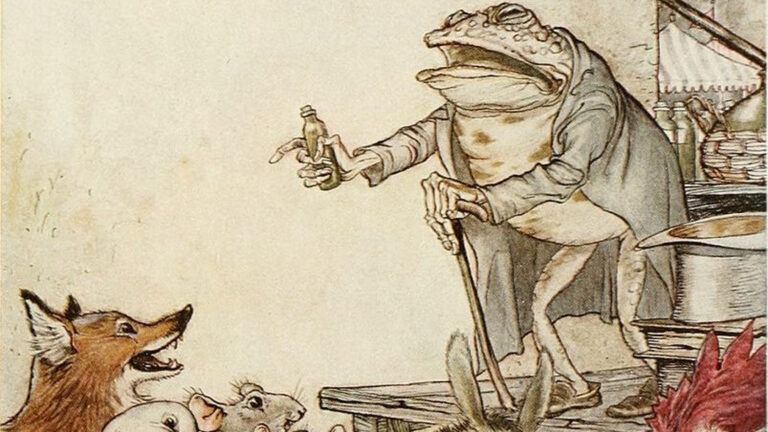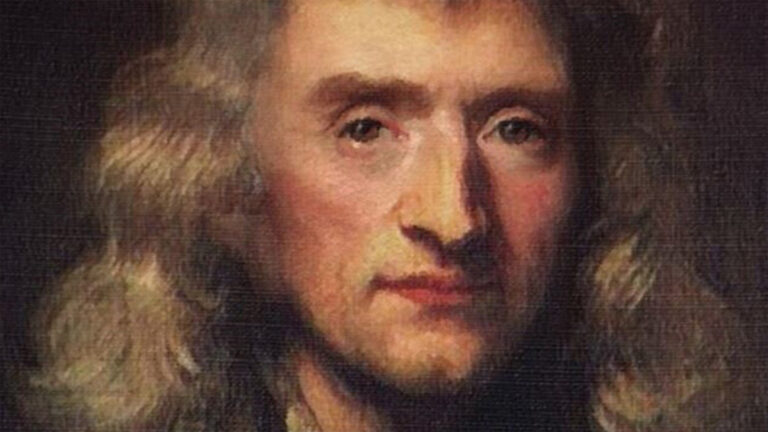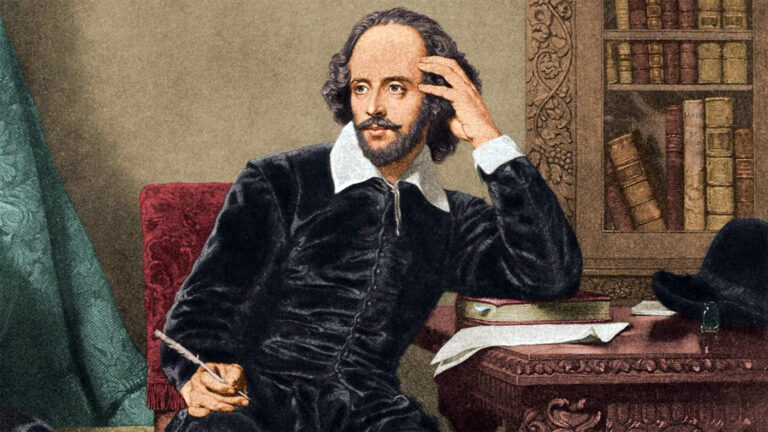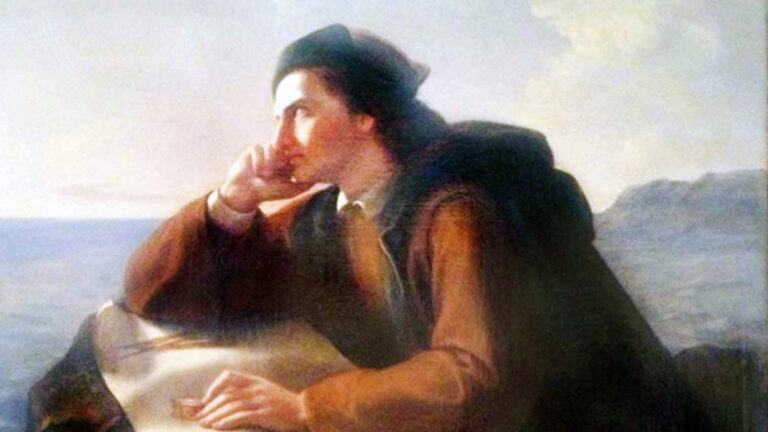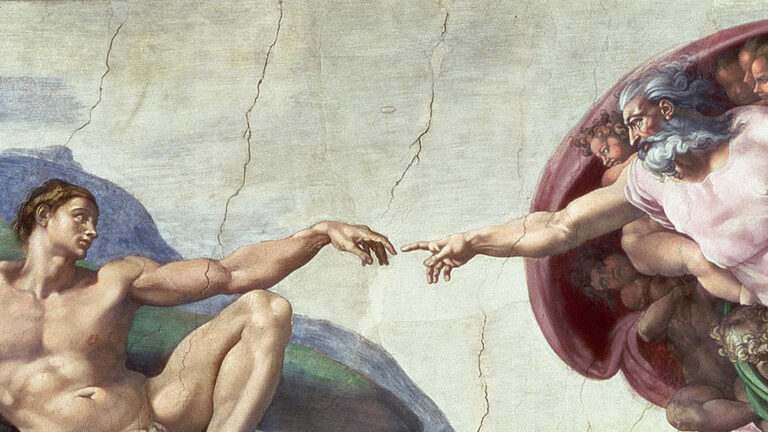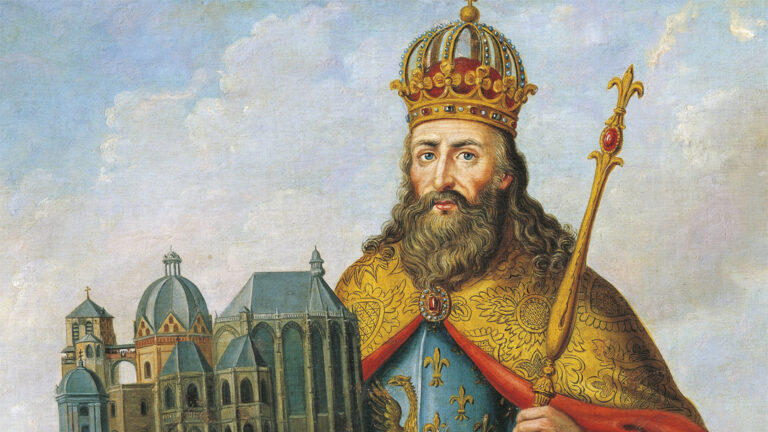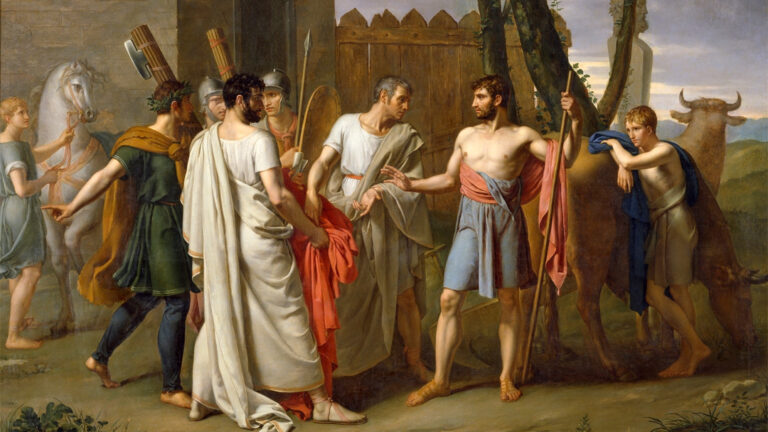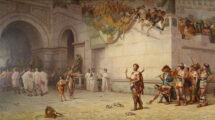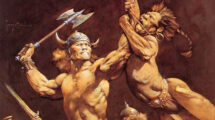LESSON XVIII: SHAKESPEARE’S HAMLET
Conducting: Steward. Opening Remarks/Announcements (Announce that at the end of the meeting we will: (i) sign up new members; (ii) ask for contributions on the website or take up a collection).
Steward: Explanation of Ethical Overlay. The purpose of the Ethical Overlay is to provide an overlay to ethical, moral and religious beliefs in areas of identity, family and heritage, to promulgate ethical and moral policy and to help each individual to become a better person and preserve the environment for future generations. Announcements will be at the end of the meeting.
Congregant: Opening words of Inspiration
William Shakespeare, arguably the greatest playwright who ever lived, was a master of, and significant contributor to, the English language. The continued quotability of his plays affect the way we view the world even today and show the power of language for imparting knowledge.
From Hamlet:
“What a piece of work is man! How noble in reason! How infinite in faculty, in form and moving how express and admirable! In action how like an angel!
In apprehension how like a god! The beauty of the world, the paragon of animals!”
“Though this be madness, yet there is method in’t.”
“The lady protests too much, methinks.”
Steward: We will now have a Moment of Silence for: __(decide locally)___. [about 20 second pause].
J.S. Bach’s six Brandenburg Concertos represent the apex of Baroque music. He wrote and compiled them as a sort of job application to a member of the nobility in Brandenburg-Schwedt when his position in Anhalt-Köthen became tenuous; however, there is no record of them ever being performed by their recipient and Bach ended up taking a new position elsewhere. It took 130 years for them to be rediscovered and published. Since that time, they have been performed more times than Bach could ever have imagined.
Steward: We will now have a discussion on the following topic:
Discussion: Selections from Hamlet
Act I Scene III, Polonius’ speech to his son Laertes
There — my blessing with thee,
And these few precepts in thy memory
See thou character. Give thy thoughts no tongue,
Nor any unproportioned thought his act.
Be thou familiar, but by no means vulgar.
Those friends thou hast, and their adoption tried,
Grapple them unto thy soul with hoops of steel,
But do not dull thy palm with entertainment
Of each new-hatched, unfledged courage. Beware
Of entrance to a quarrel; but being in,
Bear’t that the opposed may beware of thee.
Give every man thine ear, but few thy voice;
Take each man’s censure, but reserve thy judgment.
Costly thy habit as thy purse can buy,
But not expressed in fancy; rich, not gaudy,
For the apparel oft proclaims the man,
And they in France of the best rank and station
Are of a most select and generous chief in that.
Neither a borrower nor a lender be,
For loan oft loses both itself and friend,
And borrowing dulls the edge of husbandry.
This above all: to thine own self be true,
And it must follow as the night the day,
Thou canst not then be false to any man.
Farewell. My blessing season this in thee!
~~~
Act 3 Scene I, Hamlet’s To Be or Not To Be monologue
To be, or not to be, that is the question:
Whether ’tis nobler in the mind to suffer
The slings and arrows of outrageous fortune,
Or to take arms against a sea of troubles
And by opposing end them. To die—to sleep,
No more; and by a sleep to say we end
The heart-ache and the thousand natural shocks
That flesh is heir to: ’tis a consummation
Devoutly to be wish’d. To die, to sleep;
To sleep, perchance to dream—ay, there’s the rub:
For in that sleep of death what dreams may come,
When we have shuffled off this mortal coil,
Must give us pause—there’s the respect
That makes calamity of so long life…
Who would fardels bear,
To grunt and sweat under a weary life,
But that the dread of something after death,
The undiscovere’d country, from whose bourn
No traveller returns, puzzles the will,
And makes us rather bear those ills we have
Than fly to others that we know not of?
Thus conscience does make cowards of us all. . .
1. What advice does Polonius give to his son as he sets off on his journey?
a. What of it is applicable today? How so?
2. What role does Polonius play in his son’s life in this instance?
3. It is difficult to find the “right moment” to give advice or teach “life lessons.” How can we look for and take advantage of those moments?
4. When in your life have you been given sound advice? What was it? How did it influence your decisions?
5. Why is Hamlet’s monologue so famous?a. What is he saying?
6. What insights can we gain about human nature from the way Shakespeare worded Hamlet’s thoughts about death?
7. How does this monologue show the impact language can have on our understanding of the world?
Congregant: Closing words of inspiration.
“Brevity is the soul of wit.”
“There are more things in heaven and earth, Horatio,/Than are dreamt of in our philosophy.”
Extend an invitation/commitment to apply one thing learned this week.
Steward: Take contributions from group made payable to Ethical Overlay. [Take cash, checks, or commitments to pay online].
[Adjournment] Announcements and Questions after adjournment.